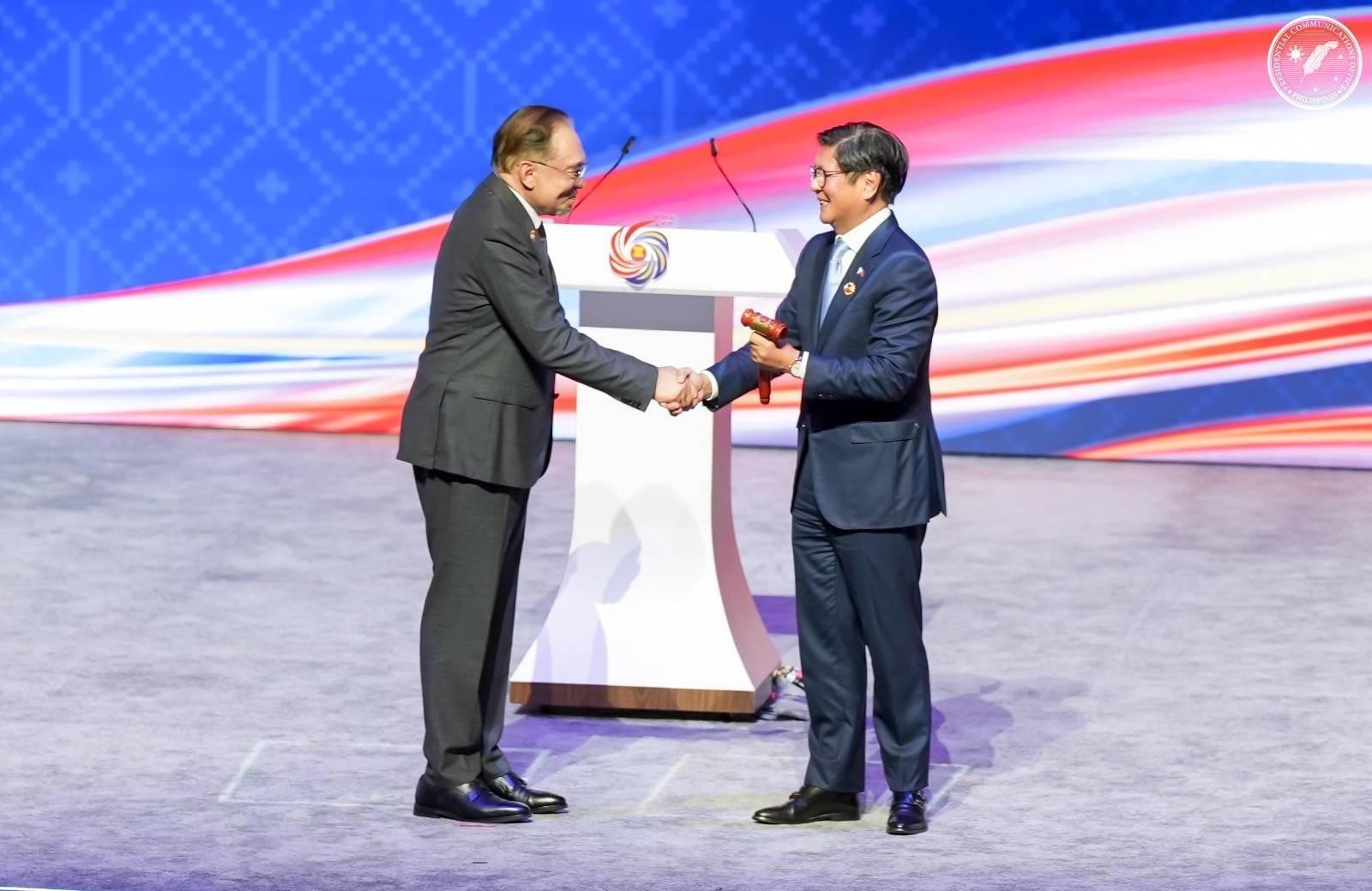Can the Philippines ASEAN Chair 2026 Strengthen Regional Leadership and Stability?

A Historic Transition in ASEAN Leadership
In 2026, the Philippines will officially take over the ASEAN chairmanship, replacing Myanmar after years of political and human rights challenges. This transition is significant as it not only marks a change in leadership but also offers the Philippines an opportunity to assert itself as a strong and proactive player in regional diplomacy. The Philippines ASEAN chair 2026 brings renewed hope for reinforcing ASEAN’s credibility, addressing regional security challenges, and strengthening economic integration among Southeast Asian nations.
Why ASEAN Leadership Change Matters
The replacement of Myanmar with the Philippines highlights the importance of ASEAN leadership change in maintaining regional stability. Myanmar’s prolonged political crisis, coupled with internal conflicts and international scrutiny, had limited its ability to provide effective leadership. With the Philippines at the helm, ASEAN now has a chance to recalibrate its priorities, focusing on diplomacy, transparency, and collaboration, while balancing the interests of both member states and external powers.
Philippines’ Regional Role in Geopolitics
The Philippines ASEAN chair 2026 positions Manila as a central figure in navigating complex regional dynamics. As territorial disputes in the South China Sea continue to simmer, the Philippines can play a critical role in advocating for peaceful resolutions, ensuring maritime security, and fostering dialogue among member states. ASEAN regional role is increasingly crucial as global powers like the United States and China watch closely, and the Philippines is poised to represent Southeast Asia’s collective interests on the international stage.
Focusing on ASEAN Economic Integration
Beyond diplomacy, the Philippines ASEAN chair 2026 can prioritize economic integration across the region. From trade liberalization to digital economy initiatives, the new leadership can push for policies that facilitate investment, strengthen supply chains, and boost intra-ASEAN cooperation. Greater economic collaboration not only enhances prosperity but also reinforces ASEAN’s standing as a unified and influential regional bloc in global affairs.
Challenges Ahead for Manila
While the Philippines’ leadership offers opportunities, it also comes with challenges. ASEAN must navigate differing national priorities, ongoing territorial disputes, and the complexities of external influence from major powers. The Philippines ASEAN chair 2026 will need to maintain neutrality while encouraging cooperation, addressing sensitive issues like the South China Sea disputes, and promoting policies that benefit the collective region.
The Importance of ASEAN Diplomacy
ASEAN diplomacy under the Philippines’ leadership will likely focus on fostering trust, communication, and multilateral cooperation. By strengthening dialogue with both internal and external stakeholders, Manila can ensure that ASEAN remains relevant in a rapidly changing geopolitical environment. Effective diplomacy will also help mitigate tensions in the region, reinforcing ASEAN’s reputation as a stabilizing force in Southeast Asia.
A Vision for the Future
Ultimately, the Philippines ASEAN chair 2026 symbolizes more than just a leadership change it reflects an opportunity for the region to strengthen governance, security, and economic cooperation. Through proactive leadership, clear priorities, and an emphasis on collaboration, the Philippines can guide ASEAN toward a more cohesive and influential future in the Indo-Pacific.
- Art
- Causes
- Crafts
- Dance
- Drinks
- Film
- Fitness
- Food
- Oyunlar
- Gardening
- Health
- Home
- Literature
- Music
- Networking
- Other
- Party
- Religion
- Shopping
- Sports
- Theater
- Wellness



